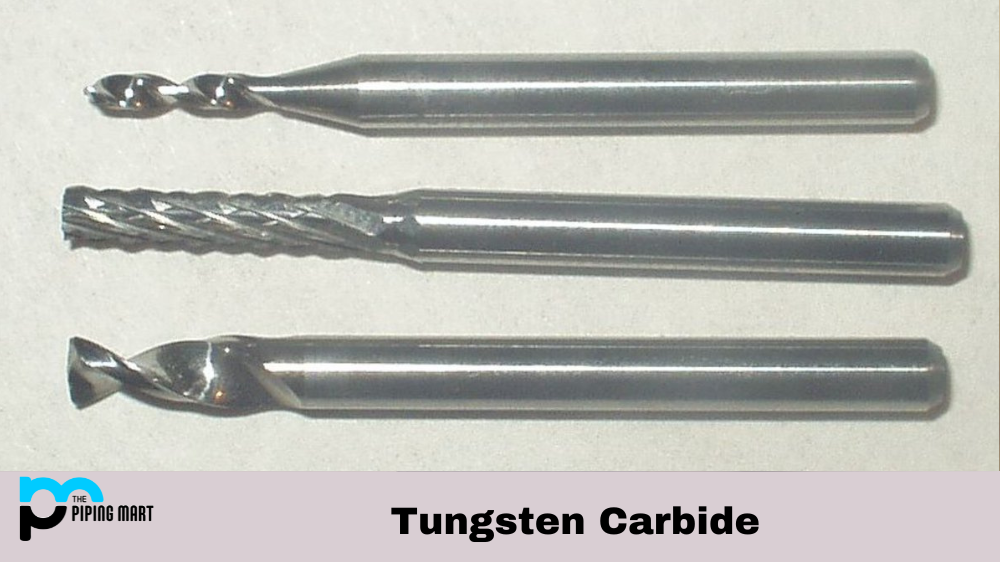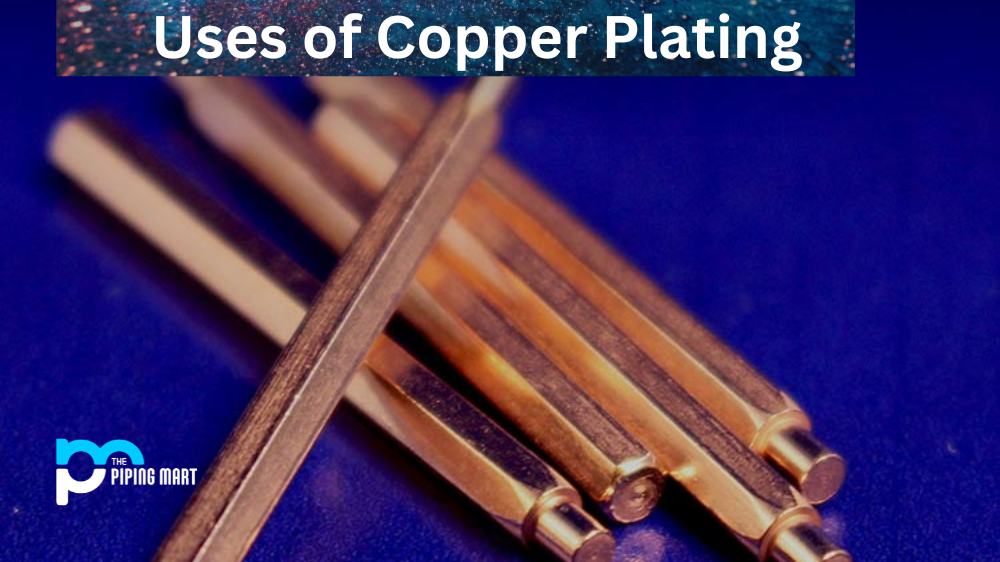Tungsten carbide is a metal alloy composed of tungsten, carbon, and, more often than not, other metals. This combination of elements produces a dense, strong material with a wide range of industrial uses. From creating jewelry to construction tools to medical instruments, tungsten carbide is one of the most important materials used in modern engineering. Let’s take a look at what makes this compound so special.
Tungsten Carbide Properties
One of the most significant properties of tungsten carbide is its extreme hardness. It measures 9 on the Mohs Hardness Scale (diamonds measure 10), so it can withstand high levels of abrasion and wear and tear. In addition to being incredibly hard-wearing, tungsten carbide is also an excellent conductor of electricity. Its electrical conductivity depends on the amount of binder metal used in its composition; for example, titanium carbide has a slightly higher electrical conductivity than cobalt-bonded tungsten carbide. The material also boasts impressive resistance to acids and has low thermal expansion rates, which allows for improved stability over time.
What Are Some Uses for Tungsten Carbide?
The strength and hardness of tungsten carbide makes it ideal for use in many industries, from manufacturing to medicine. Popular uses include cutting tools such as saw blades and drill bits; molds used in forging processes; valves that must be able to withstand high pressure; electrodes used in arc welding processes; wear parts such as bearings and gaskets; jewelry such as rings and necklaces; medical instruments like sutures and hip implants; printing plates for flexography printing systems; electronic components such as resistors, transistors, switches, diodes, rectifiers, etc.; surgical tools including scalpels and needles; tooling components like punches dies or jigs fixtures used in machining operations; aerospace components such as turbine blades or rocket engine nozzles; automobile brake systems made up of calipers or rotors made from tungsten carbide alloys.
Conclusion:
Tungsten carbide is an incredibly versatile material that can be used across many industries due to its unique properties. Its extreme hardness makes it ideal for cutting tools, while its low thermal expansion rate offers stability when exposed to extreme temperatures. Moreover, its resistance to acids makes it suitable for medical instruments, while its electrical conductivity lends itself perfectly to electronic components. Metalworkers and engineers alike should be aware that when they need durable materials that can stand up against wear-and-tear or intense heat—tungsten carbide should always come first on their list!

Pipingmart is a B2B portal that specializes in metal, industrial and piping items. Additionally, we share the latest information and information about materials, products and various types of grades to assist businesses that are involved in this business.




